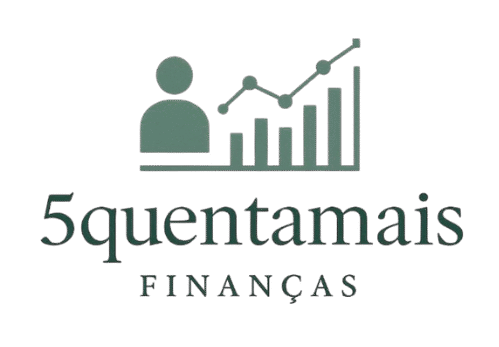Financial Outlook 2025: Trends and Tips for Retirees and Older Investors
As global economies transition through 2024 into 2025, understanding macroeconomic trends and their impact on personal finances is crucial, especially for individuals aged 50 and above. This demographic often faces unique challenges, including retirement planning, managing fixed incomes, and navigating volatile markets. Below is an overview of key global financial developments and tailored advice for older investors.
1. Global Economic Growth and Inflation Trends
Economic growth is projected to remain uneven globally in 2025. Developed economies, including the U.S., are expected to avoid recessions, with modest growth driven by real wage increases and a robust job market. However, inflation, while declining from its peak in 2022, will likely remain above pre-pandemic levels, creating sustained pressure on household budgets.
In emerging markets, countries like India continue to showcase resilience with robust consumption and investment, though challenges in labor and manufacturing persist. Meanwhile, Latin America faces high real interest rates and economic risks linked to fiscal policies, particularly in Brazil.
Actionable Insight: Older investors should focus on inflation-protected investments, such as Treasury Inflation-Protected Securities (TIPS) in the U.S. or equivalent instruments in other countries. Diversifying into stable sectors like healthcare and utilities can also hedge against economic uncertainty.
2. Interest Rate Shifts and Their Impact on Investments
Central banks in developed markets are expected to reduce interest rates gradually through 2025. For example, the Federal Reserve in the U.S. and the European Central Bank are projected to cut rates to stimulate economic activity. However, interest rates may remain higher than pre-pandemic levels, sustaining elevated borrowing costs.
Actionable Insight: For those nearing retirement, locking in higher yields on fixed-income investments now, such as bonds or annuities, could be beneficial before rates decrease.
3. Stock Market Outlook and Opportunities
Stock markets globally are likely to remain influenced by monetary policies, geopolitical events, and sector-specific trends. Growth opportunities may arise in green energy, technology, and emerging markets, especially in countries implementing infrastructure development.
Actionable Insight: Older investors should consider balanced portfolios with a mix of dividend-paying stocks and growth-oriented sectors. Exchange-traded funds (ETFs) focused on clean energy or technology can offer exposure to high-growth areas while mitigating risks.
4. Housing and Real Estate
Real estate markets, particularly in countries like Canada and the U.K., could benefit from easing monetary policies, which are likely to rejuvenate housing demand. However, markets may remain subdued in regions with persistent inflation or economic uncertainty.
Actionable Insight: Downsizing or relocating to areas with a lower cost of living can free up equity and reduce living expenses for retirees. Alternatively, investing in Real Estate Investment Trusts (REITs) provides real estate exposure without the complexity of direct ownership.
5. Retirement Planning Amid Market Volatility
Navigating retirement in a volatile economic environment requires strategic planning. Pensioners need to factor in inflation, healthcare costs, and longevity risks. Social security programs in some countries are under pressure, emphasizing the importance of private savings.
Actionable Insight: Older adults should review their retirement plans annually, ensuring they account for updated life expectancy data and market conditions. Financial advisors can help structure portfolios for sustainable withdrawals, typically around 4% annually, to avoid depleting savings prematurely.
Proactive Financial Management for Stability
The economic outlook for 2025 presents both challenges and opportunities for individuals aged 50 and above. Staying informed about global trends, diversifying investments, and seeking professional guidance are critical for financial stability. By taking a cautious yet forward-looking approach, retirees and older investors can safeguard their wealth and enjoy a secure retirement.
For more insights, consider exploring reliable sources like FocusEconomics and Invesco for detailed economic projections and investment strategies.




